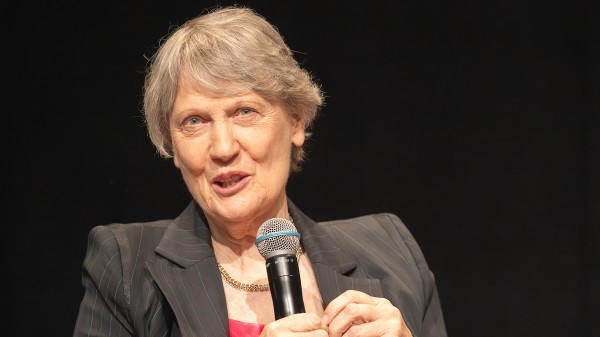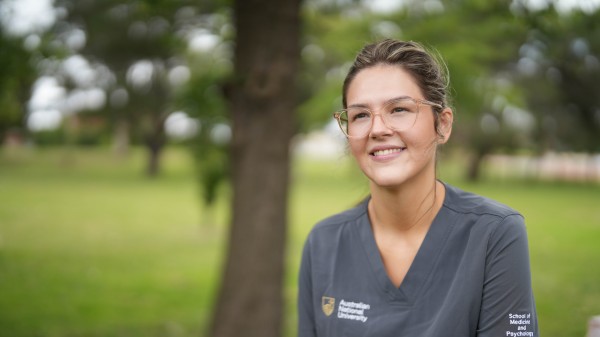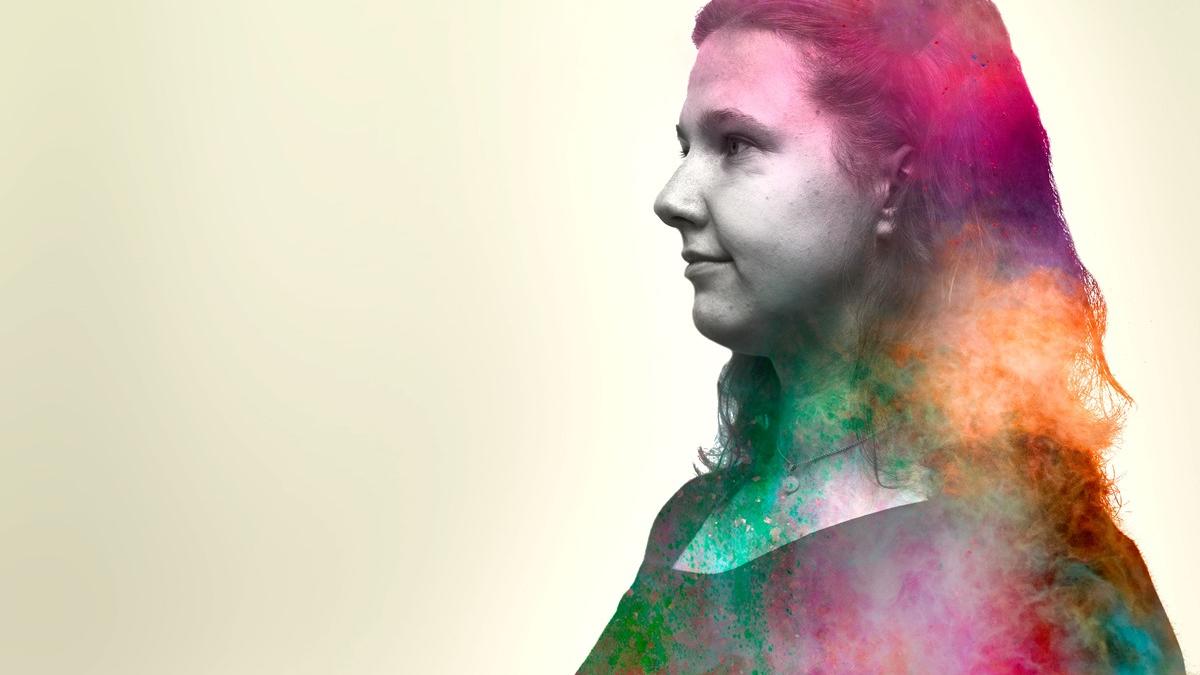More to hallucinations than meets the eye
"Have you ever seen the blue light flash in the corner of your phone? And when you looked at the phone there were no new messages?"
If you have, ANU undergraduate psychology honours student Paula Ozola says you have experienced hallucinations.
"With the phone, you have knowledge that it might go off, that there might be a new message," she says.
Paula and her supervisor Dr Bruce Christensen, think that when we hallucinate we see or hear what we expect. Instead of what is actually there.
"Hallucinations may occur when sensory evidence is imprecise and this gives a bigger role to expectations," she says.
"My project is to propose and test a new statistical model to explain hallucination development."
This includes exploring if hallucinations follow the same process in people with and without mental illness.
"I thought, it is such a great mystery and what if we can propose a solution to this mystery?
"Six to ten per cent of the general population experiences hallucinations, but only one per cent of the population hallucinates due to mental disorders, such as schizophrenia.
"We are proposing that the reason why sensory evidence goes down in people with schizophrenia, is neural noise. So random firing of brain cells."
Not only did Paula explain this thesis in just three minutes, at the 2016 ANU Student Research Conference held recently, but she also walked away winning the Three Minute Thesis (3MT) honours competition.
This was the first time that undergraduate research students from across the University have competed against each other in the 3MT, which is usually reserved for PhD students.
"People are doing great research, even before they reach their PhD. I think it's great to showcase it.
"The 3MT is amazing because it brings people together. I have even inspired some of my PhD friends to do it next year.
"I think that Professors should also do it, everyone should do it."
Despite winning the competition, Paula admits that she, like everyone else, was nervous.
"But once I started, I just thought about my supervisor's golden advice: Just tell your story. Don't think about what people think, tell them your story.
"And I followed this advice true. I really wanted to tell my story."
After finishing her year-long honours project with the ANU Research School of Psychology, Paula plans to apply for a Doctor of Philosophy (Clinical Psychology).
"I have fallen back in love with my research. Not that I had fallen out of love with it, but now I am even more in love with it."













